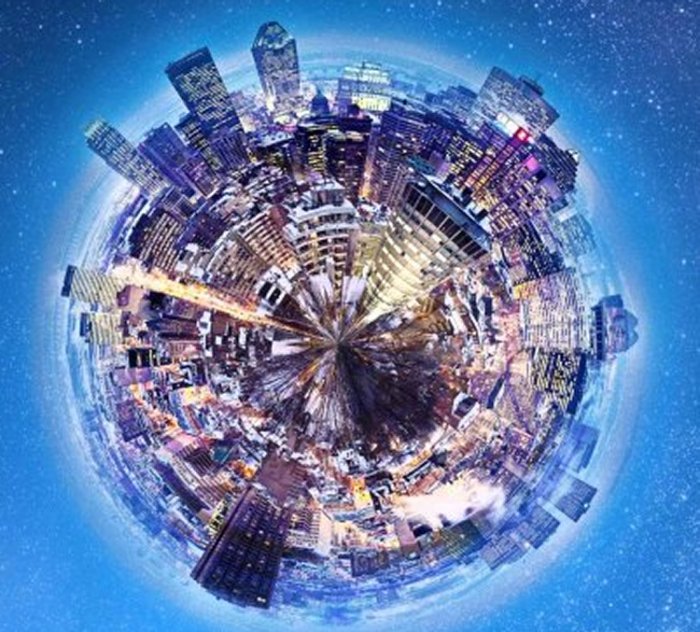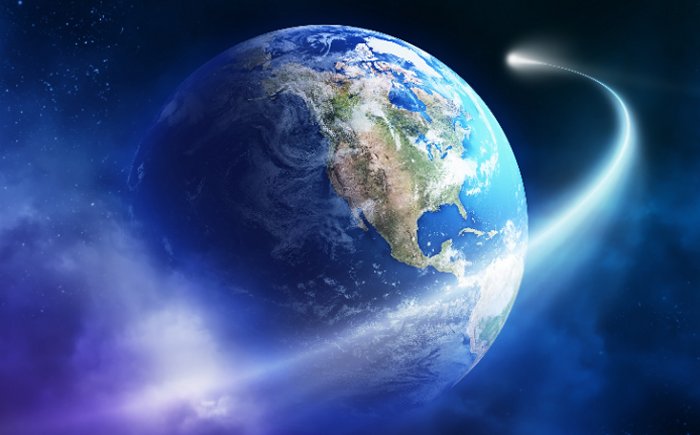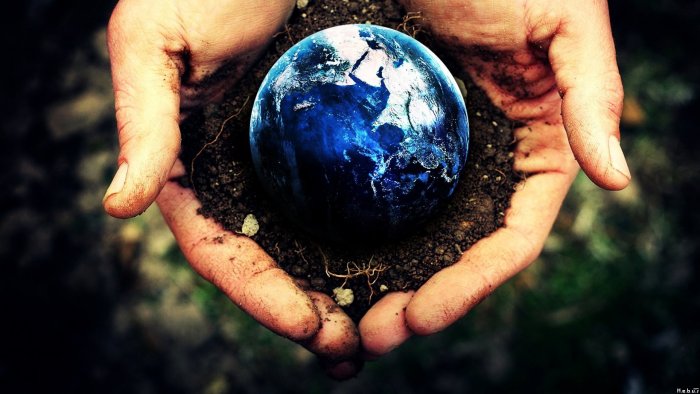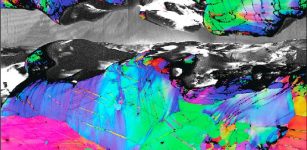A Look Into The Future: Can Planet Earth Support 10 Billion People?
MessageToEagle.com – No matter how much we want to travel to alien planets in the universe or how dedicated we are to the exploration of our mysterious ancient past, the truth is – we live here and now. Our beautiful planet, the Earth, the only place we can call home is facing a number of problems that we must take seriously.
One of them is overpopulation, a subject many scientists carefully avoid.
One day in the future our already overpopulated planet will hit 10 billion people and experts are already discussing what problems humanity will face.
Something must be done! What is the average person’s responsibility and what should or must politicians do?

Stephen Emmott is a Professor of computing at Oxford University and head of Microsoft’s Computational Science Laboratory in Cambridge. Much of his work is devoted to finding new techniques and ideas for solving key scientific problems.
Emmott, is involved in a theatrical production called Ten Billion, a co-operation between himself and distinguished director Katie Mitchell, whose past works have included A Woman Killed with Kindness at the National Theatre. The show is running at the Royal Court Theatre in London from 31 July until 11 August. It focuses on the state our planet will be in when its population reaches 10 billion.
Emmott offers a devastating portrait of what can happen in the future when our planet must support 10 billion people.
Are humans not really aware of the problem?
Emmott thinks there is a reason why humans for example respond much quicker to an asteroid threat that is on collision course than problems they are causing themselves.
“If astronomers and physicists actually discovered an asteroid, it’s a pretty simple problem: there’s a very large object hurtling up to earth and it’s going to slam into the planet.
That’s pretty easy to understand. The complexity of this problem, that the inhabitants of the planet are gradually having the same impact for reasons that are all highly interconnected and complex, is harder to grasp.
I also believe that as a species we tend to be either optimistic or want to just ignore problems until they stare us in the face.

And this isn’t staring us in the face. It’s immensely appealing to want to believe that this isn’t a problem on this scale, or that even if it is, that we will figure out a way to stop it,” Emmott says.
What is the solution?
Emmott point out humanity must change its behavior, but it is possible to get people to reconsider all aspects of what they consume?
“That is the thing I’m trying to convey. It isn’t, if I get rid of my Range Rover and buy a Prius, job done. It isn’t just about switching off your mobile phone charger at night. It is much more fundamental than that, about the rate at which we consume, the kinds of things which we consume.
Even with 7 billion of us, there are already several billion people on this planet who quite understandably look at the way in which Europeans and Americans live and think, I would like to live like that. But as many of these countries start to become more populous and prosperous, they are just going to add to the problem.
I just don’t know what the solution is, really, other than behaviour change,” Emmott says.
What role do politicians play?
Emmott thinks is it essential that politicians start taking responsibility for the situation.

“We need changes at a political level. What we have done so far is pitiful. Durban, Kyoto, Copenhagen – all have been failures.
We are in a desperate situation and I don’t think people realise that. Many think we will find a clever solution sometime in the future, like building solar shields in space to keep our planet cool.
I am going to tell the audience that these ideas are very suspect. Radical behaviour change is what is really needed.
““Look again at that dot. That’s here. That’s home. That’s us. On it everyone you love, everyone you know, everyone you ever heard of, every human being who ever was, lived out their lives.
The aggregate of our joy and suffering, thousands of confident religions, ideologies, and economic doctrines, every hunter and forager, every hero and coward, every creator and destroyer of civilization, every king and peasant, every young couple in love, every mother and father, hopeful child, inventor and explorer, every teacher of morals, every corrupt politician, every “superstar,” every “supreme leader,” every saint and sinner in the history of our species lived there-on a mote of dust suspended in a sunbeam,” Carl Sagan
We are all responsible for our pale blue dot…
Our problems are not just those concerned with carbon emissions. There are so many other things – overfishing, destroying habitats and eradicating species – that we need to change. It is either that or sit and do nothing which, in effect, is the position we have adopted so far.
Science has spent far too long hiding behind caveats. We have to come off the shelf although I suspect it may too late now. Indeed, the show will end with my admitting to the audience that I think we are f****d,” Emmott says.
Emmott also makes clear that his goal is not to startle people, but “to inform and give people an opportunity and a framework for thinking differently about the nature of the problems that we face.” In his opinion,” we could solve this problem with massive behaviour change.”
“It is really important to talk about overpopulation. Far too many scientists still refuse to discuss the issue. Yet it lies at the heart of all our environmental problems today,” Emmott says.
© MessageToEagle.com
source:
New Scientist,
The Observer










